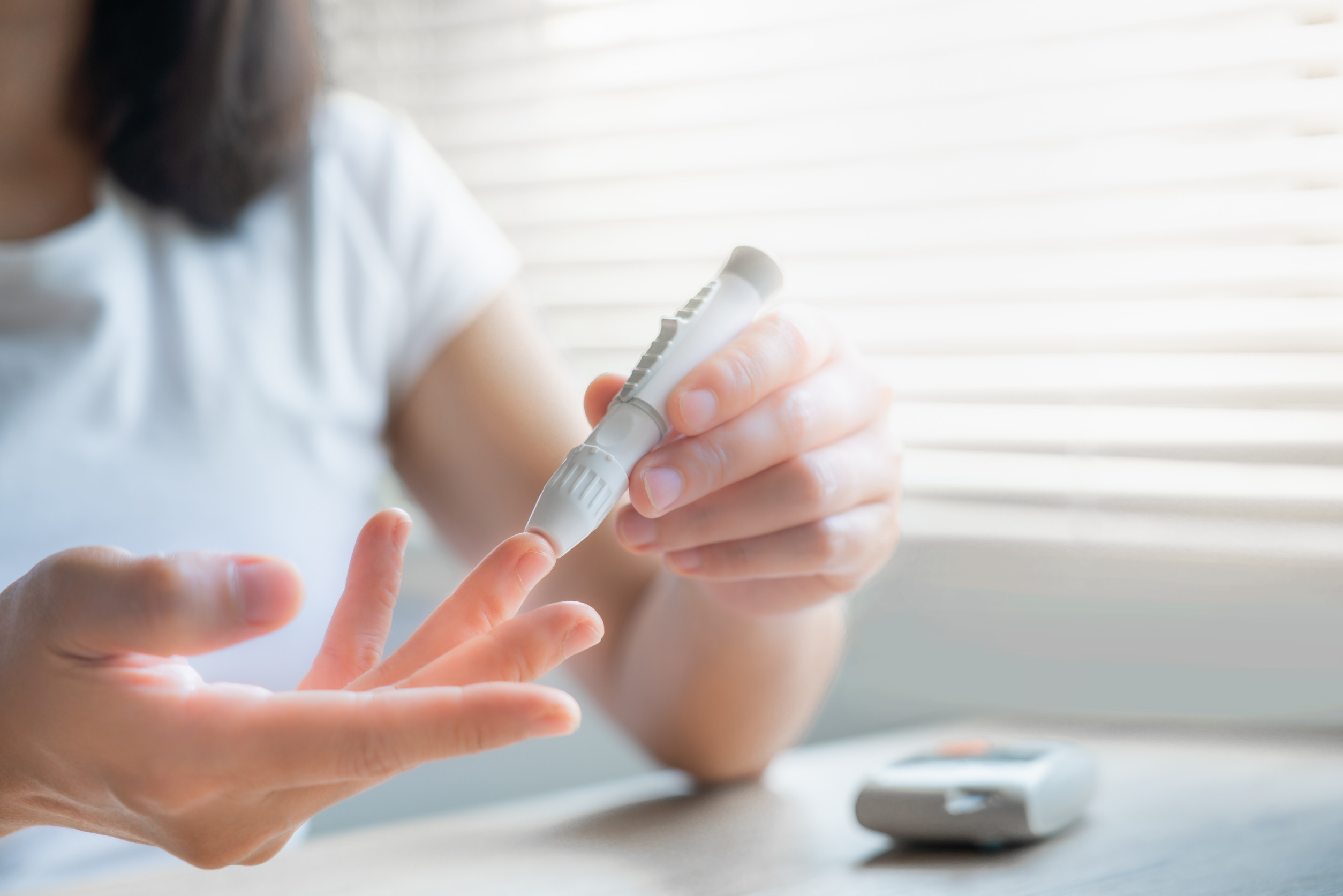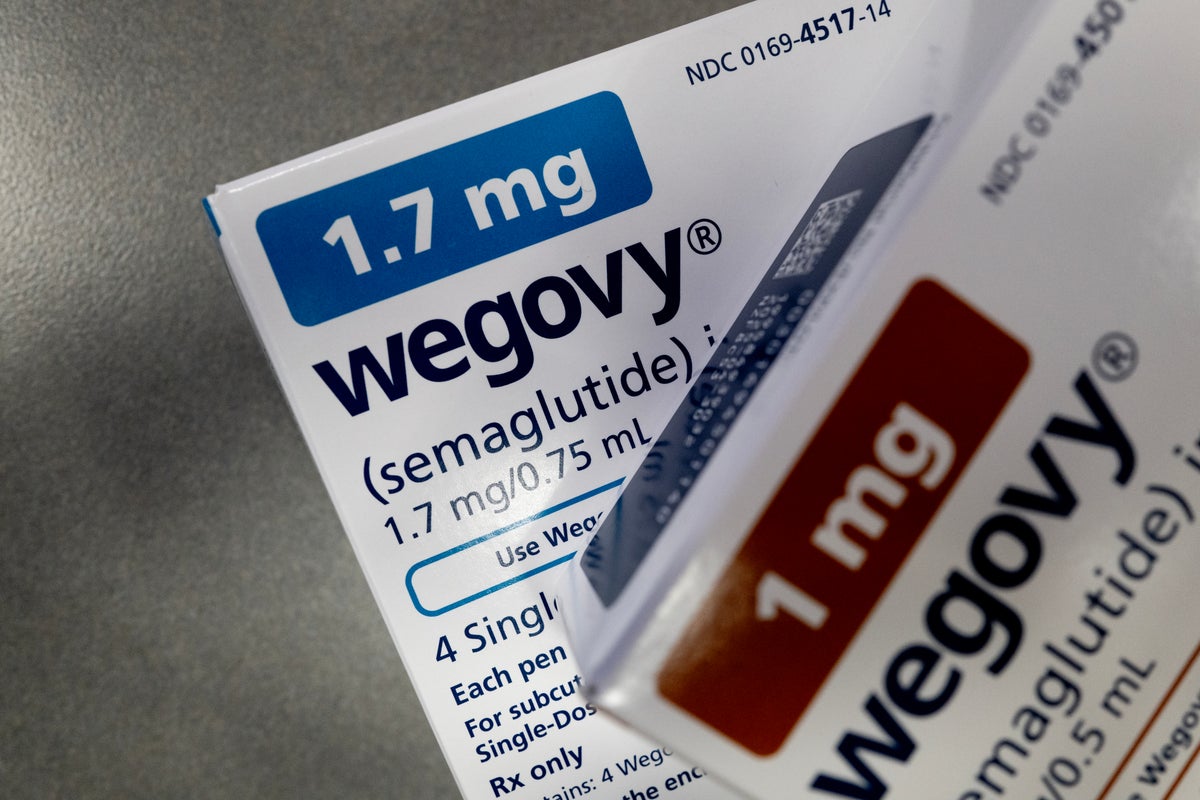Arguably, your heart is the most important organ in the body. It's responsible for circulating blood throughout the body via the circulatory system. This blood delivery system carries oxygen and nutrients to all body parts, supporting the proper function of organs and muscles.
The heart's pumping action helps regulate blood pressure, and its electrical system, which includes the pacemaker cells, controls the rate and rhythm of the heartbeat. So, we must maintain the heart as best we can to ensure it works well at all times. Heart disease starts when these vital blood vessels become blocked, limiting how well the heart can function.

This puts an increased strain on the heart, and can lead to several serious (and even fatal) issues like angina, strokes and heart attacks. The best way to prevent these issues is through a healthy and balanced diet. Registered dietitian Margie Junker, who specialises in cardiovascular nutrition , shared some of her top tips for limiting the damage processed and fatty foods can do to heart health.
These are all fairly easy to implement into daily life with a little careful planning. Most experts suggest packing extra fruits and vegetables into your diet to prevent heart disease. Margie suggests adding them to meals or simply snacking on raw fruits, adding: "My favourite is blueberries because they’re a great snack, either fresh or frozen.
"I also love how easy spinach is to use. You can use fresh spinach as a salad or quickly sauté with garlic and onions." Whole grains also help minimise risk.
People who eat three or more servings of whole grain foods each day have up to 30% less risk of developing heart disease compared to people who rarely eat whole grains . Your choice of protein is also important too. The NHS recommends that healthy adults should aim for about 1g of protein per kilogram (kg) of body weight daily.
Margie lists a few of her chosen protein sources as it's important to hit the goals our body needs to function and thrive. Meat offers a good source of protein, but not all are created equally. Margie claims: "There is a direct association between eating red meat and the risk of heart disease and death - that relationship is even stronger for processed meat such as bacon or hot dogs.
She recommends skinless chicken thighs, stating: "It’s leaner than most beef, affordable and has more flavour than chicken breast." If you don't eat meat, there are plenty of heart-healthy alternatives, including plant proteins such as Walnuts, almonds, lentils and legumes, seafood (salmon or seared ahi tuna) and low-fat or fat-free dairy products. Think about adding a versatile, non-fat Greek yoghurt.
It’s high in protein, has a lot of calcium, and can replace sour cream in many recipes. It’s a great breakfast option, stirred with quick oats and berries. Swapping butter and margarine for liquid plant oils could also be something to consider if you are trying to make healthier choices.
Margie said: "My favourite is avocado oil, which has a high smoke point. "I like to bake with walnut oil for added flavour. Liquid plant oils are rich in unsaturated fats, which reduce low-density lipoprotein (LDL) cholesterol and heart disease risk.
These include oils from peanuts, most tree nuts, and flax seeds." Whilst you're coooking, It can be tempting to season dishes with salt - but this could be quite harsh on your heart. Instead, opt for dried or fresh herb blends to enhance flavours without adding extra sodium to meals.
While food may seem like the biggest area to tackle, your drinks are just as important too. Margie suggested that people want to pay close attention to labels in the supermarket and limit their intake of ones with 'added sugars.' She said: "I avoid any chemically based sweeteners and processed white sugar.
Added sugars are associated with increased risk of type 2 diabetes , coronary heart disease and being overweight. Alternative sweeteners have shown mixed effects on metabolism." And, unsurprisingly, alcohol should be limited to keep your heart healthy.
She said: "If you don’t drink alcohol, don’t start. "If you choose to drink alcohol, limit your intake. The risk of atrial fibrillation (A-fib) and stroke increases with increased alcohol intake.
"Stroke and coronary heart disease are lowest in those who drink 1-2 alcoholic beverages daily. The American Heart Association does not recommend starting to drink more alcohol to improve heart disease health.".
Health

Cardiovascular nutritionist's seven food rules that avoid heart disease

Is your heart getting the care it deserves? Learn from a dietitian's top tips on how to protect your heart with everyday food choices and lifestyle changes.















